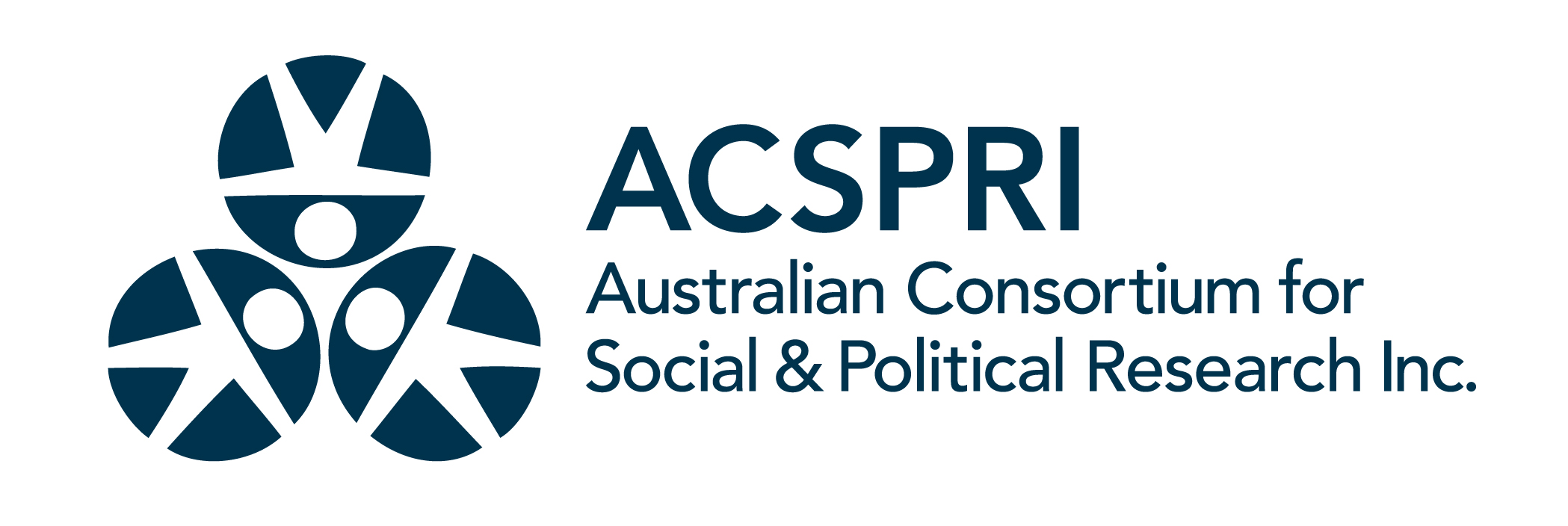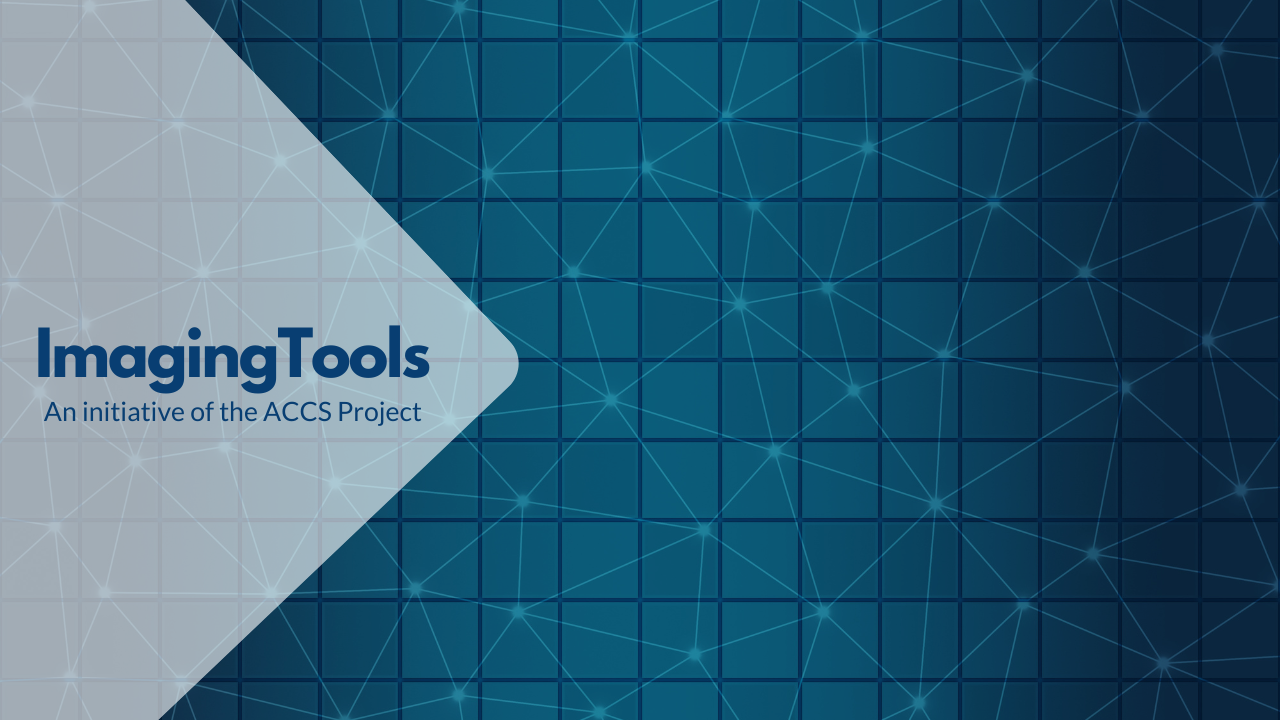Keywords: National Research Infrastru... or Research infrastructure or courses or digital research skills or microscopy
-

ACSPRI
The Australian Consortium for Social and Political Research Incorporated (ACSPRI) is a...
1 upcoming event (59 past event)ACSPRI https://www.acspri.org.au/ https://dresa.org.au/content_providers/acspri The Australian Consortium for Social and Political Research Incorporated (ACSPRI) is a not-for-profit organisation, broadly aimed at the promotion and enhancement of social science research and methods in Australia. Our consortium of institutional members, include universities, public sector research institutions and not-for-profits. We work to provide benefits and services to our members including: education and professional development in Social Science Research Methods and Research Technology courses. /system/content_providers/images/000/000/021/original/ACSPRI_Logo_Horizonal.jpg?1661921514 -

The Australian Characterisation Commons at Scale (ACCS) Project
ImagingTools: helping researchers find and access digital characterisation resources, including...
0 upcoming event (15 past event)The Australian Characterisation Commons at Scale (ACCS) Project https://www.imagingtools.au https://dresa.org.au/content_providers/the-australian-characterisation-commons-at-scale-accs-project ImagingTools: helping researchers find and access digital characterisation resources, including online environments, computing facilities, data, training and events. /system/content_providers/images/000/000/016/original/Minimal_Modern_Elegant_Background_Technology_Youtube_Thumbnail_%285%29.png?1671146621 -

ARDC Community Connect
The ARDC's Community Connect program coordinated and supported community engagement activity to...
13 training materialARDC Community Connect https://zenodo.org/communities/ndacc https://dresa.org.au/content_providers/ardc-community-connect The ARDC's Community Connect program coordinated and supported community engagement activity to make researchers aware of, comfortable with, and equipped to take advantage of the infrastructure developed through the national data assets program. Specifically, ARDC is supporting National Data Assets projects in the development and delivery of workshops, training and e-learning materials, and a "community champions" model for their communities. -

Atlas of Living Australia
The Atlas of Living Australia (ALA) is a collaborative, digital, open infrastructure that pulls...
0 upcoming event (1 past event)Atlas of Living Australia https://www.ala.org.au/ https://dresa.org.au/content_providers/atlas-of-living-australia The Atlas of Living Australia (ALA) is a collaborative, digital, open infrastructure that pulls together Australian biodiversity data from multiple sources, making it accessible and reusable. The ALA helps to create a more detailed picture of Australia’s biodiversity for scientists, policymakers, environmental planners and land managers, industry and the general public and enables them to work more efficiently. The ALA is the Australian node and a full voting member of GBIF – the Global Biodiversity Information Facility – an international network and data infrastructure funded by the world’s governments and aimed at providing anyone, anywhere, open access to data about all types of life on Earth. /system/content_providers/images/000/000/017/original/ALA_Logo_Inline_CMYK.jpg?1652413583 -

Language Data Commons of Australia (LDaCA)
Australia is a massively multilingual country, in one of the world’s most linguistically diverse...
0 upcoming event (2 past event)Language Data Commons of Australia (LDaCA) https://www.ldaca.edu.au/ https://dresa.org.au/content_providers/language-data-commons-of-australia-ldaca Australia is a massively multilingual country, in one of the world’s most linguistically diverse regions. Significant collections of this intangible cultural heritage have been amassed, including collections of Aboriginal and Torres Strait Islander languages, Australian Englishes, and regional languages of the Pacific, as well as collections important for cyber-security and for emergency communication. Language Data Commons of Australia (LDaCA) is integrating this existing work into a national research infrastructure while also securing at-risk collections and improving access to under-utilised collections. LDaCA is thus ensuring that these invaluable resources will be available for analysis and reuse in the future, and that they will be managed in a culturally, ethically and legally appropriate manner guided by FAIR and CARE principles. The Language Data Commons of Australia (LDaCA) project receives investment from the Australian Research Data Commons (ARDC) through its HASS and Indigenous Research Data Commons program. The ARDC is funded by the National Collaborative Research Infrastructure Strategy (NCRIS). /system/content_providers/images/000/000/041/original/logo.jpg?1724905018 -

Astronomy Data And Computing Services (ADACS)
Our Vision is to provide astronomy-focused training, support and expertise to allow astronomers...
Astronomy Data And Computing Services (ADACS) https://www.adacs.org.au https://dresa.org.au/content_providers/astronomy-data-and-computing-services-adacs Our Vision is to provide astronomy-focused training, support and expertise to allow astronomers to maximise the scientific return from data and computing infrastructure. ADACS is delivered jointly by Swinburne University of Technology, Curtin University, and Macquarie University. ADACS is funded under Astronomy National Collaborative Research Infrastructure Strategy (NCRIS) Program via Astronomy Australia Ltd (AAL). /system/content_providers/images/000/000/033/original/ADACSLogo.png?1708671870